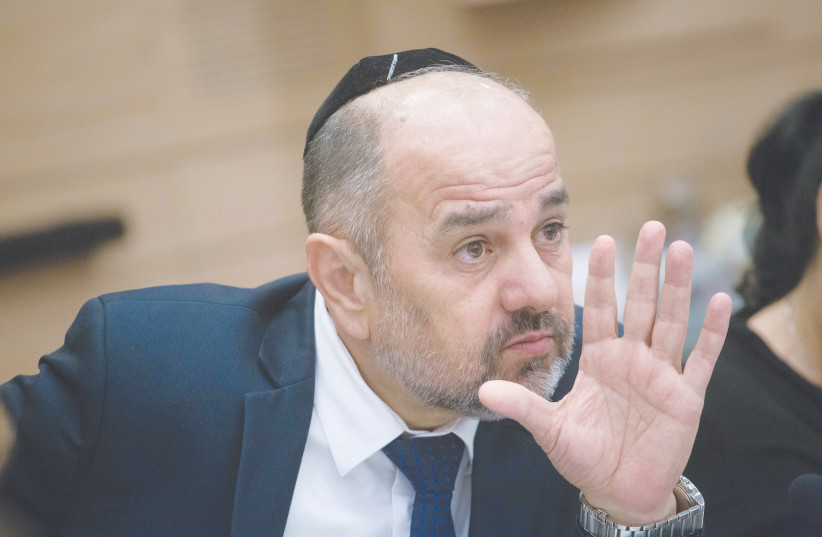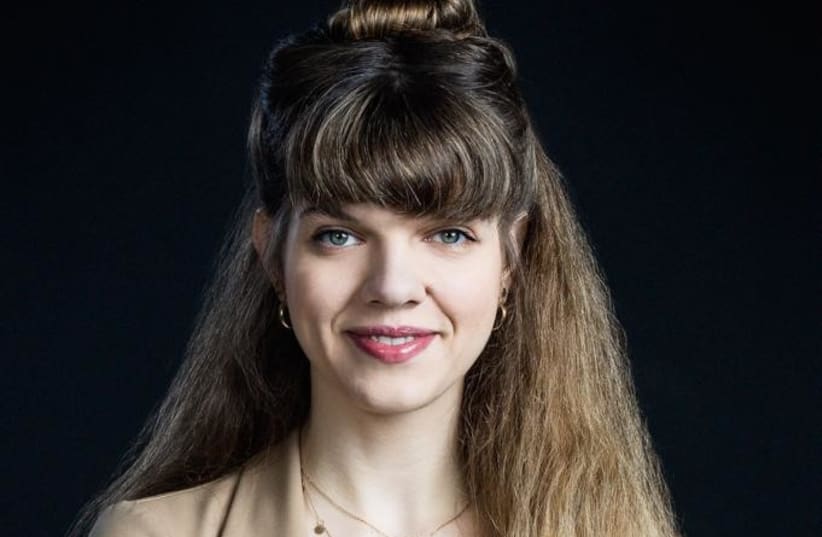Hadar Kess, now 23 years old, lost her father when she was only 14 in a car accident. Grieving, and lacking support, Hadar found herself falling into risky behaviors and situations.
However, she managed to turn her pain into an opportunity for herself and 35,000 other orphans in Israel, hoping to create a better future for those who are often overlooked.
When Ms. Kess founded her non-profit, Sunflowers, at age 16 the state didn't keep any records of the number of orphaned youth who live in Israel. Determined to get a better understanding of the situation, Kess enlisted the help of Tel-Aviv University, Bar-Ilan University and Israel's Welfare Ministry for a two-year research project on the subject of orphanhood and its consequences. The research revealed a bleak reality – 35,000 minors are living in Israel as orphans.
Without appropriate support, orphanhood can lead to a difficult life. In their youth, orphans are four times more likely to get arrested and convicted of crimes, 10 times more likely to be defined as "at-risk," 13 times more likely to drop out of school and 15 times more likely to develop eating disorders. In the long term, orphans are also eight times more likely to get addicted to drugs and alcohol and 25 times more likely to become prostitutes.
The current state of Israeli orphanhood

To this day, no governmental ministry allocates resources to the care of orphans specifically. 40% of Israel's orphans live below the poverty line because they receive the lowest level of social security assistance offered by the state.
Today, at only 23, Hadar is the CEO of Sunflowers - the only association in Israel working for orphaned children and youth exclusively. Sunflowers has already provided support for thousands of families – just this year, Sunflowers supported 750 families in 30 areas around Israel, by working with an original therapeutic model that was developed along with the association's professional committee of doctors and professors from the fields of psychology and social care. The model was designed to prevent orphans from falling into risky behavior, as well as to provide support for their entire family unit. Sunflowers also facilitate a digital community for thousands of young orphans, raises awareness, promotes policy and conducts research on the subject of orphanhood.
Kess doesn't forget to show gratitude to Sunflowers' partners, explaining that the work couldn't be done without the volunteers, the Education Ministry, the local municipalities and of course the philanthropists from Israel and worldwide who make Sunflowers' important mission possible.
Most of Hadar's time is dedicated to the formation of new partnerships with philanthropists so that Sunflowers can grow and develop. However, her ultimate goal is to get the state of Israel to take responsibility for orphaned children and youth.
In the meantime, Hadar says that "the social change will come from the people, we have the power and the ability to influence their lives for the better. No change was ever initiated by the government, we are the ones who can provide support to those who need it, minimize their chances to fall into risky behaviors, promise them a life of equal opportunities, a life of opportunities and growth – of leadership and choice, instead of a life of risk and poverty. Our national mission to take care of each and every orphan in Israel requires a unique engagement."
